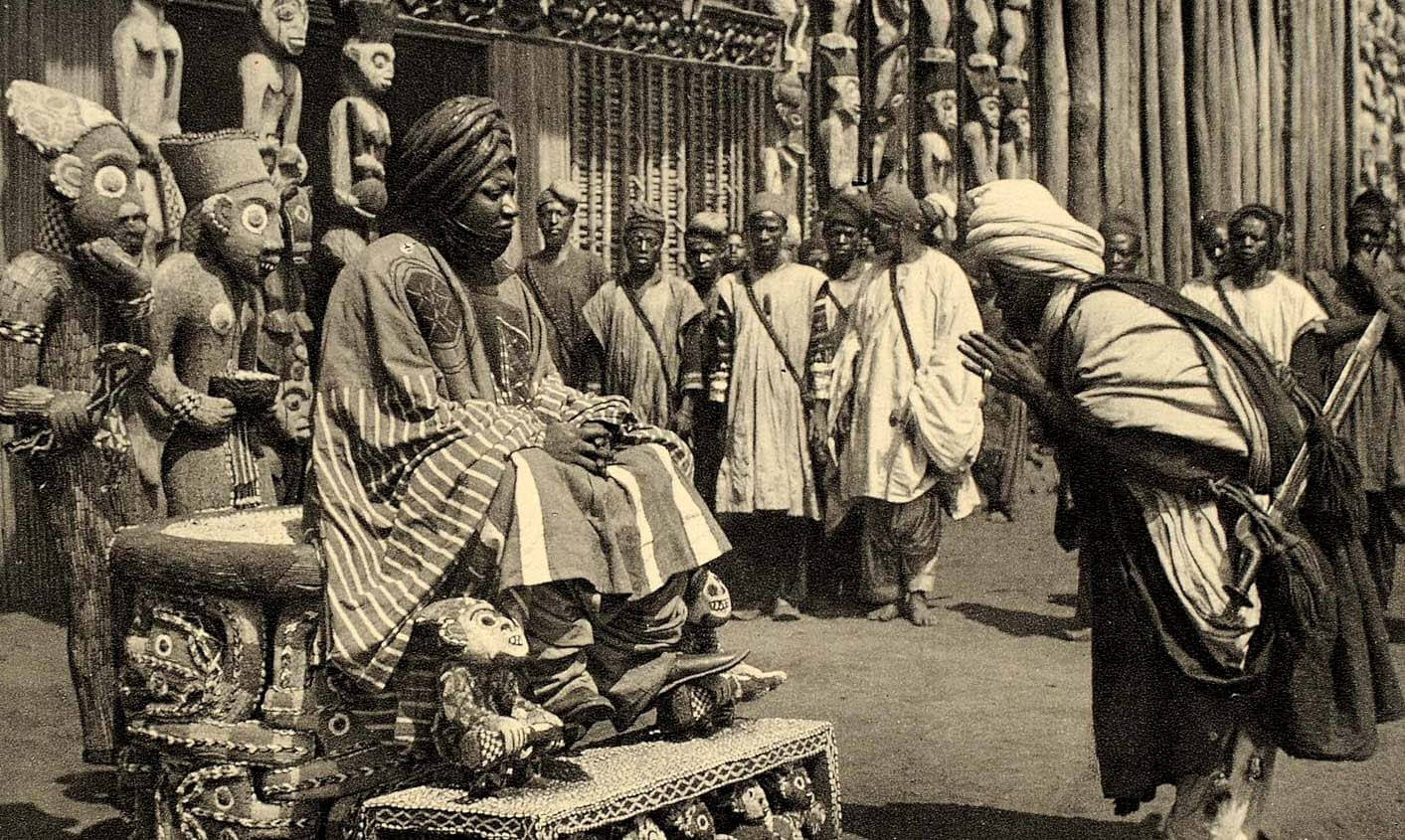Unlike precolonial times, it is clear that African monarchy is no longer the same. Out of all the 54 countries, only 3 countries are ruled by monarchs. Although most monarchs have partially or entirely lost their political power, their influence remain in their respective communities. They fulfil spiritual and ceremonial obligations to members of their communities and are also vanguards of local cultural identities. African monarchs may also serve as the closest contact with traditional histories. With the prominence that had been attained by the Sultans, Pharaohs, Alaafins, Mansas amidst others, how have African monarchs who used to wield so much influence lost so much political will?
The Creation of Countries and Shift in Political and Economic System
Colonialism, subsequent abolition of dynasties and replacement with countries was one of the major cause of the relegation of African kings. As part of colonialist efforts, some kings were created to aid foreign invasion. Countries were created and kingdoms lumped together by colonialists. With these countries came democratic governments or military governments and only a few countries (Morocco, Swaziland, and Lesotho) have maintained monarchical relevance. African dynasties were ruled by royal families and these were further strengthened during the indirect rule of colonialists. But as soon as the countries achieved independence, legislative councils were set up which controlled the rules and regulations governing the country and were the first in eliminating the power of the kings as governing entities. Further enforcement of democracies meant people were the key players in deciding who governs the most important aspect of the communities.
There was also the change in the taxation system. Africans no longer paid their taxes or royalties to the kings, all taxes and levies were paid directly to the new governments thus reducing the economic power of the kings. Kings thus depended more on their influences and personal/family businesses to remain economically significant. The final nail of the relevance of Kings would be their appearance on the payroll of African governments. This makes them subject to the rules of the government and also aligns them with just being another set of civil servants. South Africa reportedly pays an excess of 650million Rands to its royal families and traditional leaders. Traditional rulers also publicly receive cash gifts from politicians during political campaigns.
It is now common to see Kings tried in courts headed by their “subjects” and sentenced to prison thus eliminating their status as unquestionable rulers. An example was Buyelekhaya Zwelibanzi Dalindyebo of the AbaThembu in South Africa who was sentenced to 12 years imprisonment.
The final nail on the relevance of Kings would be their appearance on the payroll of African governments
The Spread of Modern Civilization
The rise of modern civilization in African societies has furthered devalued the role of African kings. The disappearance of local communities in favour of independent lifestyles put the need for a communal head at bay. Most Africans who live in cities where kingship is barely established, are phasing out the amount of people who don’t. The ease of communication between the rural and urban communities also enables the flow of civilization to the rural communities who are most susceptible to this form of rule. Kings are thus relegated to mere cultural identities rather than political juggernauts.
The Moving Museums
The cultural significance of Kings remain. Most African societies still venerate their kings, although not quite as before. Kings serve as the totem of African tradition, providing the most reliable source of African history. Palaces have become tourist attractions and most contain relics that are barely found in any other place. There are also several festivals across Africa tied around African traditions. African kings perform ceremonial duties in these situations.
The Last Kings of Africa
Of all kings still present in Africa, only three have constitutional relevance.
King Mohammad VI of Morocco- Backed by a constitution passed as recently as 2011, Morocco’s monarchical system retains a great amount of political power. Mohammad who ascended the throne in 1999 is an active member of the Moroccan cabinet, decides the government agenda, chairs the Security Council and could dismiss ministers.
King Mswati III of Swaziland– Swaziland gained independence from British rule in 1968 and the King at that time abolished the democratic system put in place and declared absolute monarchy. Mswati III became king in 1986 and have maintained absolute power in Swaziland over political affairs.
King Letsie III of Lesotho – When Lesotho achieved independence in 1966, a constitutional monarchy was established. However, it is the weakest of the remaining African monarchies. King Letsie III according to the 1993 constitution of Lesotho is the monarch and head of state of Lesotho. He is officially appointed by the College of Chiefs using traditional practices. However, the Prime Minister, has the power to pronounce the throne vacant if the king violates his oath of office and is thought unsuitable to rule
Lets talk about Africa.
Join the conversation
Get Started

